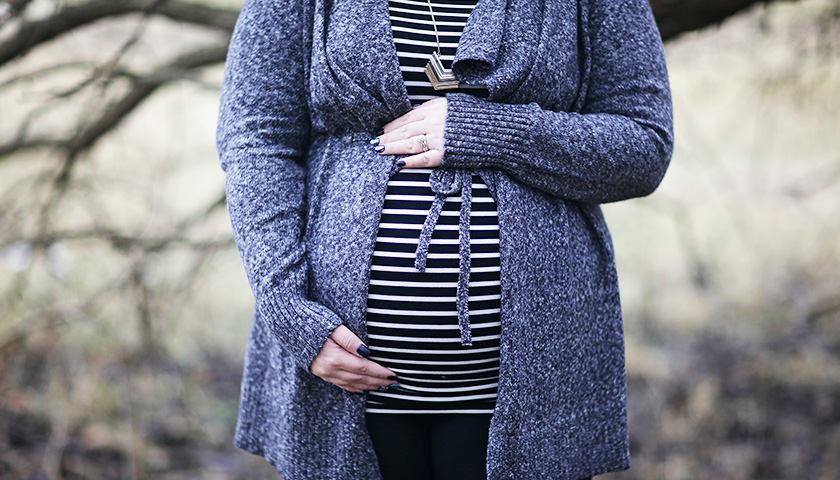by Laurel Duggan
Idaho, Tennessee and Texas are moving to enact “trigger bans” restricting abortions after the Supreme Court overturned Roe v. Wade June 24, ending the precedent which had banned states from restricting abortion throughout the first six months of pregnancy.
The bans in these three states will take effect 30 days after the Supreme Court officially transmitted its ruling in Dobbs v. Jackson Women’s Health Association July 26, according to The Hill. Another 10 states had trigger bans go into effect after elected officials enacted them, and trigger abortion bans went into effect immediately after the court overturned Roe in three other states.
 Rather than going into effect immediately after the court’s June ruling, the abortion bans were triggered by the court’s official transmission of its ruling Tuesday and will go into effect 30 days after that.
Rather than going into effect immediately after the court’s June ruling, the abortion bans were triggered by the court’s official transmission of its ruling Tuesday and will go into effect 30 days after that.
Idaho’s trigger law bans abortion except in the cases of rape, incest and to protect the life of the mother. Planned Parenthood is suing the state over the ban, which it claims violates the state’s constitution.
Idaho’s trigger law -which I signed in 2020- bans all abortion in the State of Idaho with few exceptions. SCOTUS just issued its official judgment overturning Roe v. Wade and returning the issue of abortion to the states to regulate.
The law officially takes effect August 25.
— Brad Little (@GovernorLittle) July 26, 2022
The lawsuit alleges that the law is too vague and risks confusing doctors about what procedures they’re allowed to perform while also violating the state constitution’s protections of privacy and equal protection under the law.
Texas’ trigger law bans most abortions and levies criminal charges against those who perform abortions. Before this trigger law could go into effect, a court allowed the state to enforce its 1925 abortion ban following a lawsuit from abortion rights groups.
Tennessee’s trigger law, called the “Human Life Protection Act,” bans abortions except to protect the life of the mother or to prevent serious injury. The state already bans abortions after a fetal heartbeat can be detected, which typically occurs at around six weeks, which was initially blocked in court in 2020 then instated after the court overturned Roe.
– – –
Laurel Duggan is a reporter at Daily Caller News Foundation.
Photo “Pregnant Woman” by Leah Kelley.




